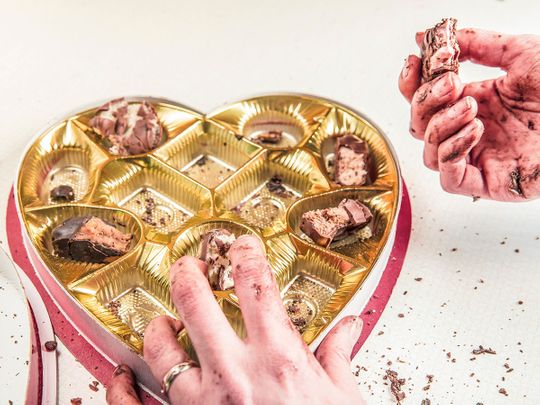
Hi,
I love food – the problem is I can’t stop eating. It started when I was in college and ate to comfort myself when bad things happened. Now I eat to celebrate and when I’m upset. I’m reaching obesity levels and am constantly out of breath and exhausted. I can’t stick to any diets, I just get fatter. I can’t look at myself at the mirror anymore. What’s wrong with me?
A reader, who wishes to remain anonymous, asks.
Answered by Dr Fabian Saarloos, clinical and healthcare psychologist, German Neuroscience Center
Dear Reader,
Food obviously is a biological necessity which we need to survive. However, we also learn that food has certain social and more importantly emotional functions. Food can soothen mental pain, and also fill up the void when people feel empty, lonely, or down.
Eating is very much related to emotion-regulation, and therefore also signals issues related to control: If I cannot control the environment or certain problems, at least I can control what enters my body.
Dieting can pose a stress on the system, increase feelings of self-awareness and insecurities, thus leading to tension, which then builds up to such a level that people loose control and have to give in to whatever they were trying to avoid (e.g. eating, smoking, drinking), as their brains have learnt that this will lead to instant gratification and neutralise emotions.
People who suffer from these habits, in particular those whose health has become at risk, are advised to seek psychological help.
The psychologist can help bring into awareness the processes involved in the maintenance of a certain dysfunctional pattern, and he can help addressing the underlying psychological problem (e.g. depression) by using a holistic approach. A holistic approach in this context not only involves changing patterns of thinking and dealing with emotions (as for example cognitive behaviour therapy), but also making lifestyle and routine changes.
If you have questions that you would like answered by a mental health professional in the UAE, please write in to readers@gulfnews.com. Also, please let us know if you'd rather stay anonymous.
Disclaimer: This blog is a conversation and is not an alternative for treatment. The recommendations and suggestions offered by our panel of doctors are their own and Gulf News will not take any responsibility for the advice they provide.









